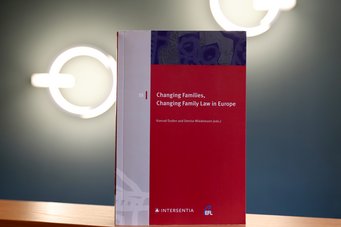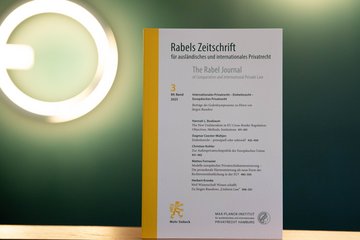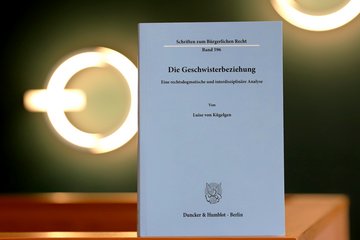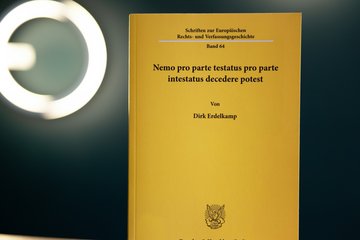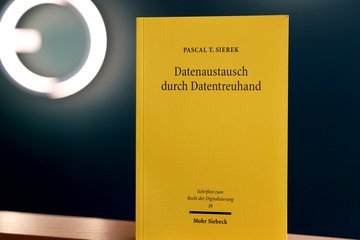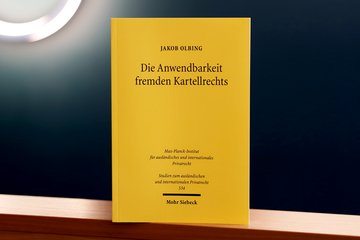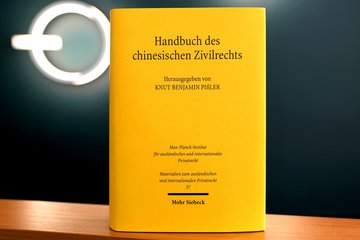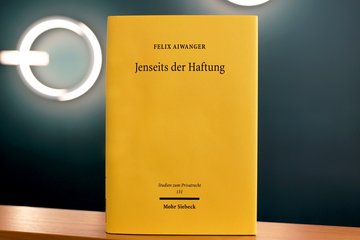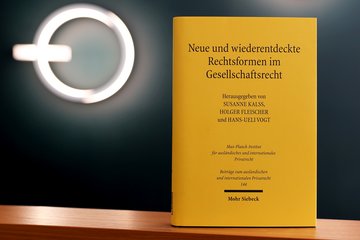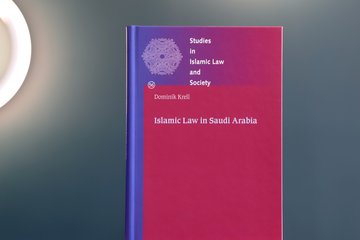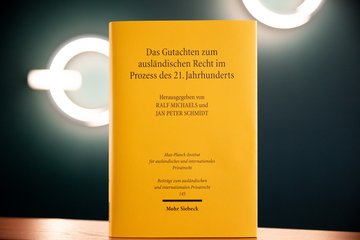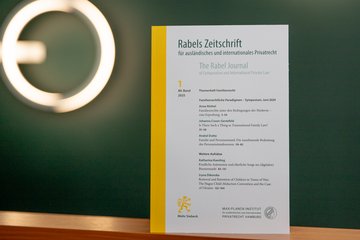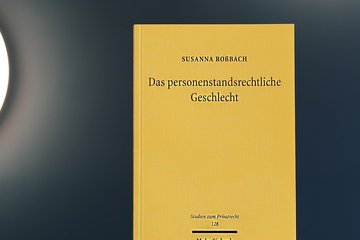Changing Families, Changing Family Law in Europe
What makes a family? The answer is shifting and expanding to accommodate growing diversity. Senior research fellow at the Institute Denise Wiedemann and senior research fellow alumnus Konrad Duden have edited a collection of articles devoted to examining these shifts.
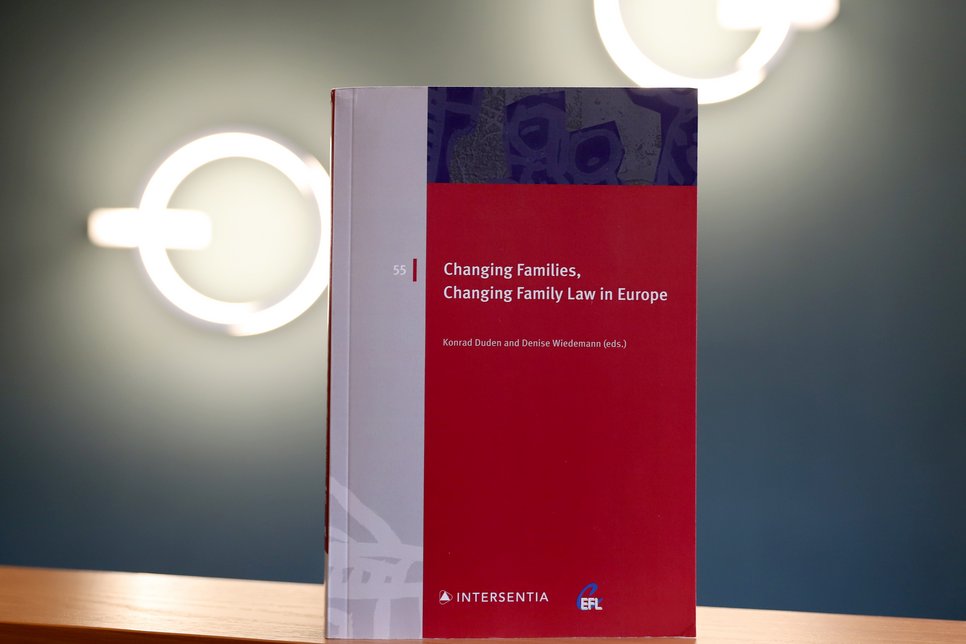
The book deals with some of the strikingly dynamic areas of family law in which European countries often diverge. For example, recognition of same-sex marriages or two parents of the same sex, and the protection of non-marital cohabitation have long tested traditional notions of family. Starting a family with the help of reproductive medicine has been similarly challenging. One particularly difficult emerging issue for notions of family is the legal status of transgender and nonbinary persons as well as their status as parents.
The nineteen early-career researchers who wrote the articles in this edited collection are scholars in the fields of comparative and international family law from nearly as many European countries. Their work offers a rich understanding of developments across Europe. For the many areas of divergence, their contributions also point toward ways of overcoming them.
The publication has also been published online in open access. It is available at this LINK.
Image: © Max Planck Institute for Comparative and International Private Law / Johanna Detering
